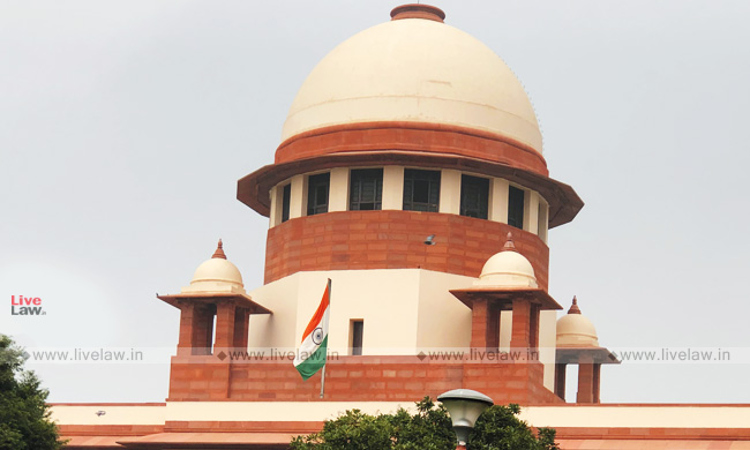A Supreme Court Bench headed by Justice Rohinton Nariman on Tuesday continued the hearing of a petition seeking guidelines on the trend of international parental child abduction over custody disputes."Suppose both the mother and the father are happily residing in the US. The mother then decides to come to India to practice Yoga. The child is torn between his two parents and taken away from...

